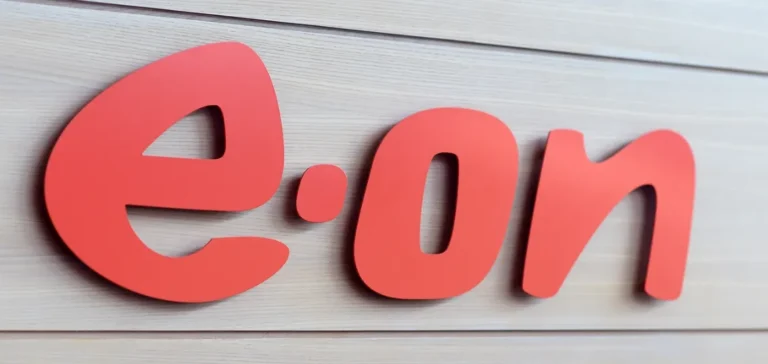E.ON announced on July 1 that, together with MM Neuss, it had commissioned Europe’s first large-scale fully automated cogeneration plant. The facility, located at the cartonboard site in Neuss, supplies the factory with electricity and heat on a market-driven basis using the E.ON IQ Energy control solution. The system adjusts production in real time to wholesale prices and industrial demand. E.ON plans to operate the plant until 2045.
Automation and control
The E.ON IQ Energy platform links the turbine, production processes and grid connection to optimise every cycle without human presence for 72 consecutive hours. The algorithm starts, stops or modulates load according to price signals and technical constraints, enabling fully unattended operation. This configuration, unprecedented at this scale on the continent, seeks to reconcile operational reliability with energy competitiveness. Data are recorded continuously to improve predictive maintenance.
The management of E.ON Energy Projects GmbH regards the model as a milestone for industrial supply. “By combining cogeneration, digitalisation and hydrogen compatibility, we are setting a benchmark for production sites,” said Manfred Wirsing, member of the management board, in a statement. MM Neuss shares the view: “The modernisation ensures high efficiency and greater energy autonomy,” said plant managing director Thomas Knapp. The two companies believe the new configuration supports the climate-neutrality target set for 2040.
Performance and redundancy
The combined gas-steam cycle delivers 22 MW of electricity and 59 MW of heat, achieving a fuel-use rate of 91 %. Compared with separate production, this represents an annual reduction of about 22 000 t of CO₂. A fully automated backup boiler takes over immediately when required, ensuring uninterrupted supply to the site. The redundancy underlines the priority given to supply security.
Work began in September 2022 and was completed in December 2024 in line with the original schedule. Integrating the plant into the wholesale market allows the operator to monetise electricity surpluses when industrial demand falls. This approach lowers the factory’s energy-production costs while stabilising the regional grid. Managers emphasise that the flexibility achieved stems chiefly from the software layer rather than additional hardware investment.
Hydrogen readiness
From the outset the turbine was configured to accept up to 10 % hydrogen in the gas mix without major modification. Engineering plans call for gradual adaptations to reach 100 % hydrogen once supply permits. The compatibility anticipates regulatory requirements expected in the next decade. The project therefore illustrates a strategy of investing in scalable assets rather than fixed technologies.
E.ON believes that the move towards higher hydrogen volumes can further cut emissions while extending the plant’s economic life. The company reiterates that its internal climate-neutrality goal remains set for 2040. The flexibility built into Neuss should, it says, facilitate the switch to new energy carriers without service interruption. “The system is already acting as a test bed for low-carbon heat and power,” Mr Wirsing said.






















